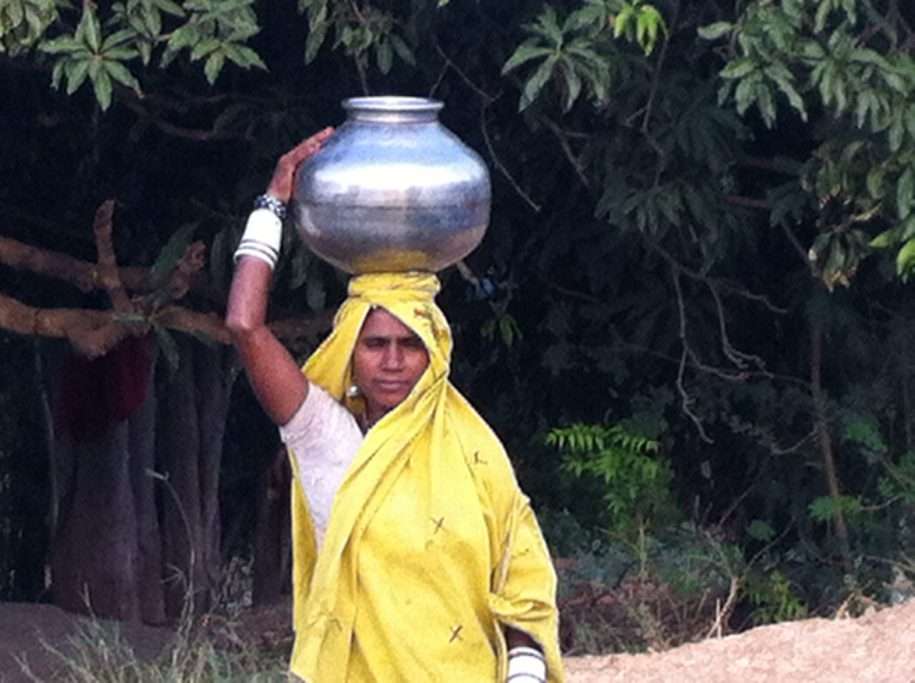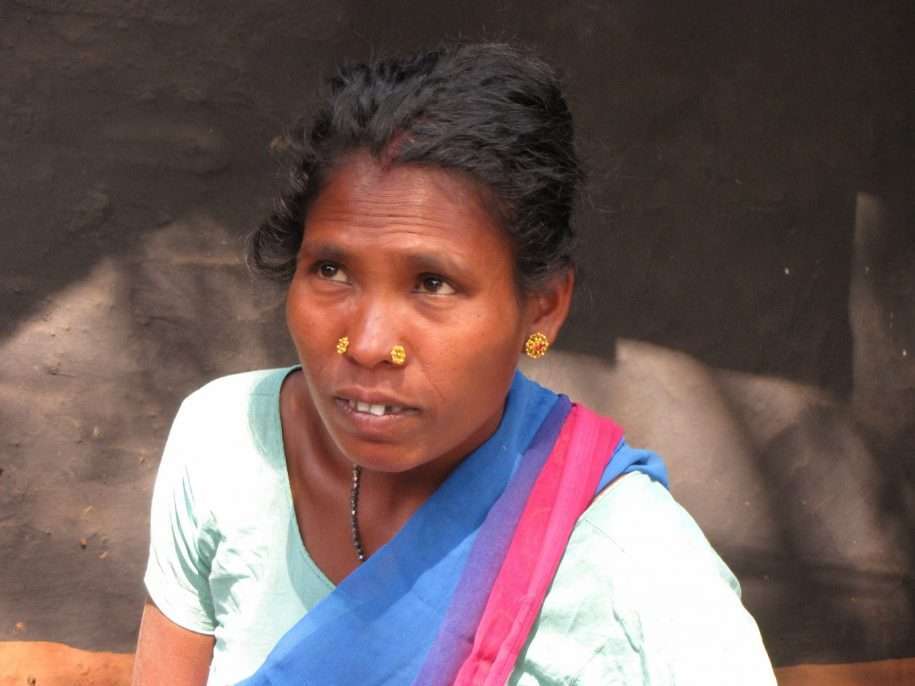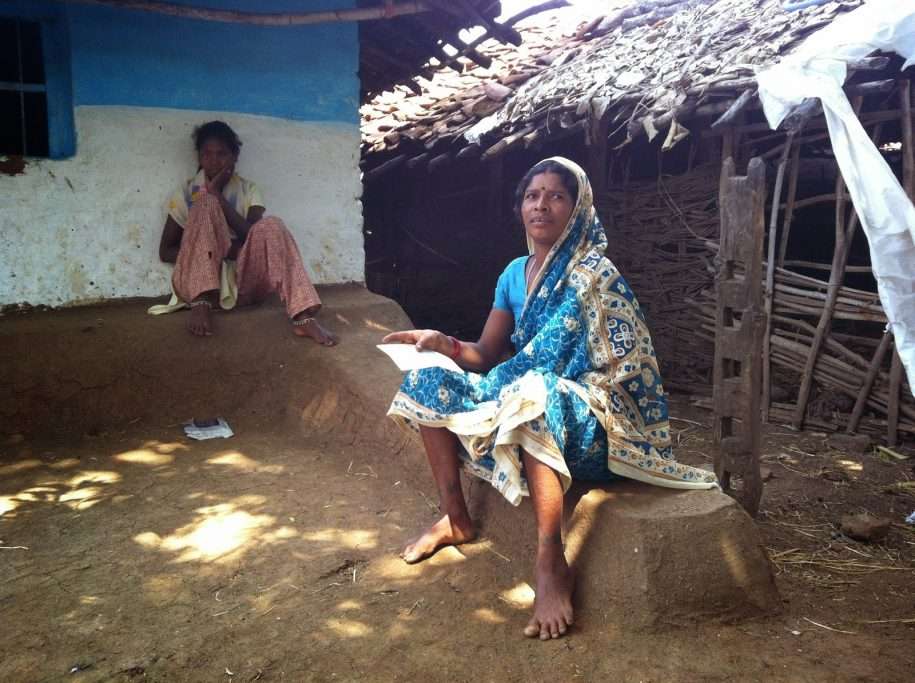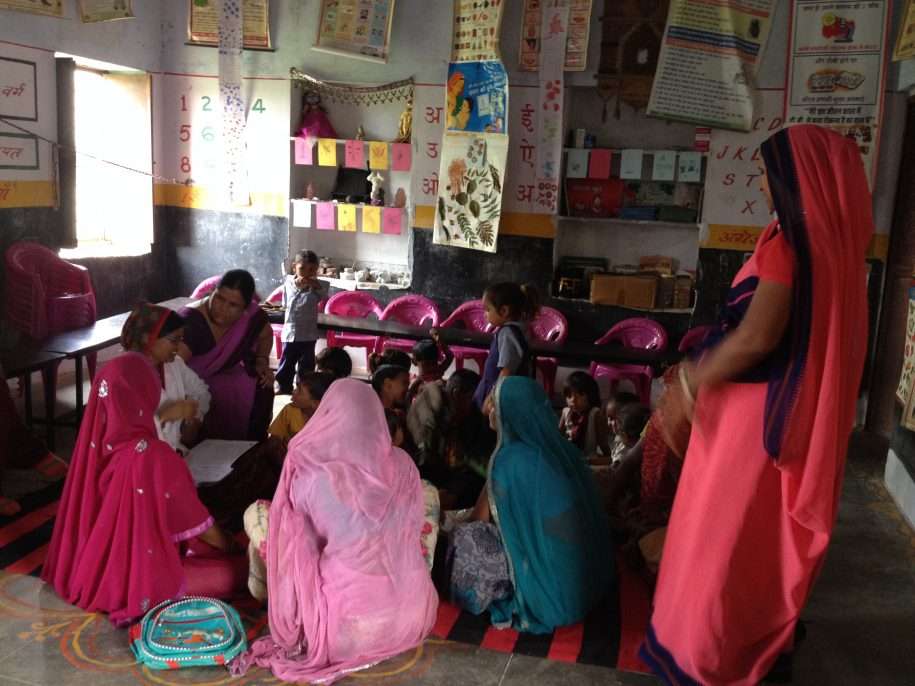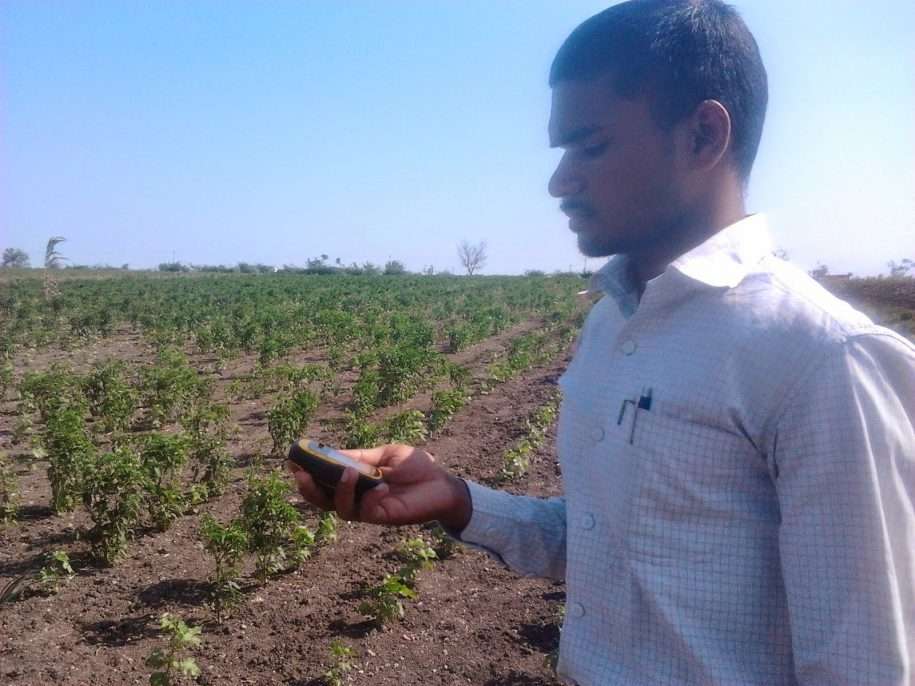“Innovation is the central issue in economic prosperity”-Michael Porter Any study that evaluates a service/product innovation having a completely new or modified design, not only assesses the effect of adoption by the community but also studies the process of adoption. … Read More
-
 BlogFollow our blog for insightful analysis and expertise on development
BlogFollow our blog for insightful analysis and expertise on development
trends, policies and evidence.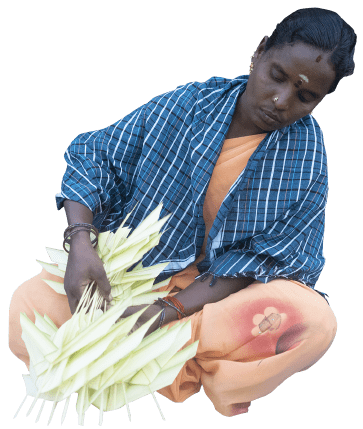
Yale Economic Growth Center’s Tamil Nadu Socio-economic Mobility Survey Part 2- Predicting Toilet Take-up in Rural India
Tanay Balantrapu, Ashwati Menon | December 11, 2014
The Government of India’s Swachh Bharat Mission aims to make India “open-defecation free” by 2019. While it is a laudable goal, it is worth noting that a variety of government-driven sanitation programmes of the past, which included both subsidies and … Read More
Electronic Data Collection – An Overview for Beginners
Sneha Mani, Suraj Nair | November 24, 2014
Today, electronic data collection finds application in various walks of life – be it in hospitals, industries, or offices. Since the advent of Open Data Kit (ODK) and Survey CTO,among other software platforms, electronic data collection has drastically changed the … Read More
How Cultural Beliefs and Attitudes of Women Influence Women’s Participation in Economic Development
LEAD Research Team | November 17, 2014
Previous studies on women’s role in agriculture and nutrition have indicated that women’s empowerment in agriculture is positively associated with per adult equivalent calorie availability and dietary diversity (Malapit 2013). Research has also found that a woman’s decision-making autonomy has … Read More
Bridging the Last Mile: Evaluation of Mobile Phone-based Agricultural Extension
LEAD Research Team | November 12, 2014
In 2011, we launched a large-scale field experiment to evaluate a service (Avaaj Otalo, or AO) that delivers mobile-phone-based agricultural information to cotton farmers in western India. This service provides weekly agricultural advice in the form of voice calls to … Read More
Can Qualitative Research be Rigorous? Part 3: Sample Size
LEAD Research Team | November 10, 2014
Since the last post, I’ve had the opportunity to witness a couple of dialogues on the quantitative vs. qualitative debate; some were more encouraging than others. The first was during a panel session at the fall conference in Manila, where … Read More
Women’s Empowerment: The Importance of Micro-Level Indicators
Arpita Khanna, Monisha Mason | November 6, 2014
Women’s empowerment is usually measured by several macro level indicators such as fertility rates, literacy rates, participation in the labor force, and involvement in political affairs. While the importance of these is undisputed, we believe there is also a lot … Read More
Yale Economic Growth Center’s Tamil Nadu Socio-economic Mobility Survey Part 1- Does Improvement in School Quality Result in Increased Returns to Education in India?
Tanay Balantrapu, Dahyeon Jeong | October 27, 2014
There is an increasing emphasis on improving learning outcomes in discussions on education policy in India. With encouraging improvement in enrollment rates in primary schools over the past decade, it seems only natural that the focus is shifting to school … Read More
Why do We Use GPS? Application of Data
LEAD Research Team | October 16, 2014
For the past one year, GPS recordings have been important data points for all the phases of recent studies at IFMR-LEAD. This is because the relevance and application of GPS data has evolved enormously. Given its relevance in our work, … Read More
Almost There, But Not There Yet: Rural India’s Education Crisis
LEAD Research Team | October 7, 2014
Sometime in the beginning of 2014, Pratham Education Foundation published its Annual Status of Education Report (ASER). The report indicated a drastic improvement in the enrollment of children in elementary school in rural India, yet it also highlighted its concerns … Read More
- « Previous Page
- 1
- …
- 9
- 10
- 11
- 12
- 13
- …
- 25
- Next Page »


